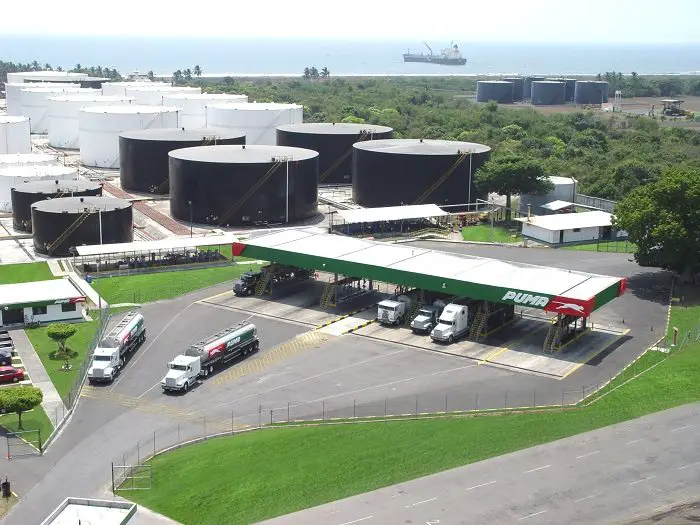Puma Energy has announced the delivery of its first bitumen cargo to its terminal located in Calabar, South East Nigeria. The global mid and downstream energy company delivered the bitumen cargo under a joint venture with WABECO Petroleum Ltd, which is registered as P.E. Bitumen Resources (Nigeria) Limited.
MT Acacia Rubra, delivered the bitumen cargo. The delivery comes at a critical when the Federal government of Nigeria needed the product most to accomplish its commitment in rebuilding its roads infrastructure which is considered as a catalyst for the country’s economic development.
Puma Energy offer customers globally a wide range of products that meet local specification requirements at a competitive price. Besides, the company has the world’s largest system of bitumen ships and terminals. Additionally, Puma Energy is helping to deliver new and safer roads in many countries around the world by assisting the governments, highway agencies and construction companies in sourcing and supplying the bitumen they need for major construction works.
“This is a very important milestone for Puma Energy Bitumen; Nigeria is a key focus market for us as we keep building our global presence and it shows we can deliver Bitumen on specification and on time anywhere across the world,” said Olof Klintholm, Puma Energy’s Global Head of Bitumen.
However, the company is looking forward to working with construction companies in delivering high-quality bitumen to their projects around Nigeria.
In the first quarter of 2016 the company announced a 21% increase in sales volumes supporting gross profit growth, while earnings before interest, taxes, depreciation, depletion, amortisation and exploration expenses (EBITDAX) rose by 19%, with contained operating expenses.
The company has also recorded solid operating cash flows of $487m reflecting good performance and disciplined working capital management with capital expenditure (Capex) of $326m financed by operating cash flows. Also net debt has decreased, reducing leverage multiple to 2.9 times, in line with stated capital structure, while in May this year, the company refinanced and increased the revolving credit facility to $1.55bn.
Other operational highlights include $139m in organic capex put toward expanding terminals in Ghana and Angola and smaller projects across Africa, Americas and Asia Pacific with a number of service stations increasing to over 2,400, driven by growth across all regions.
